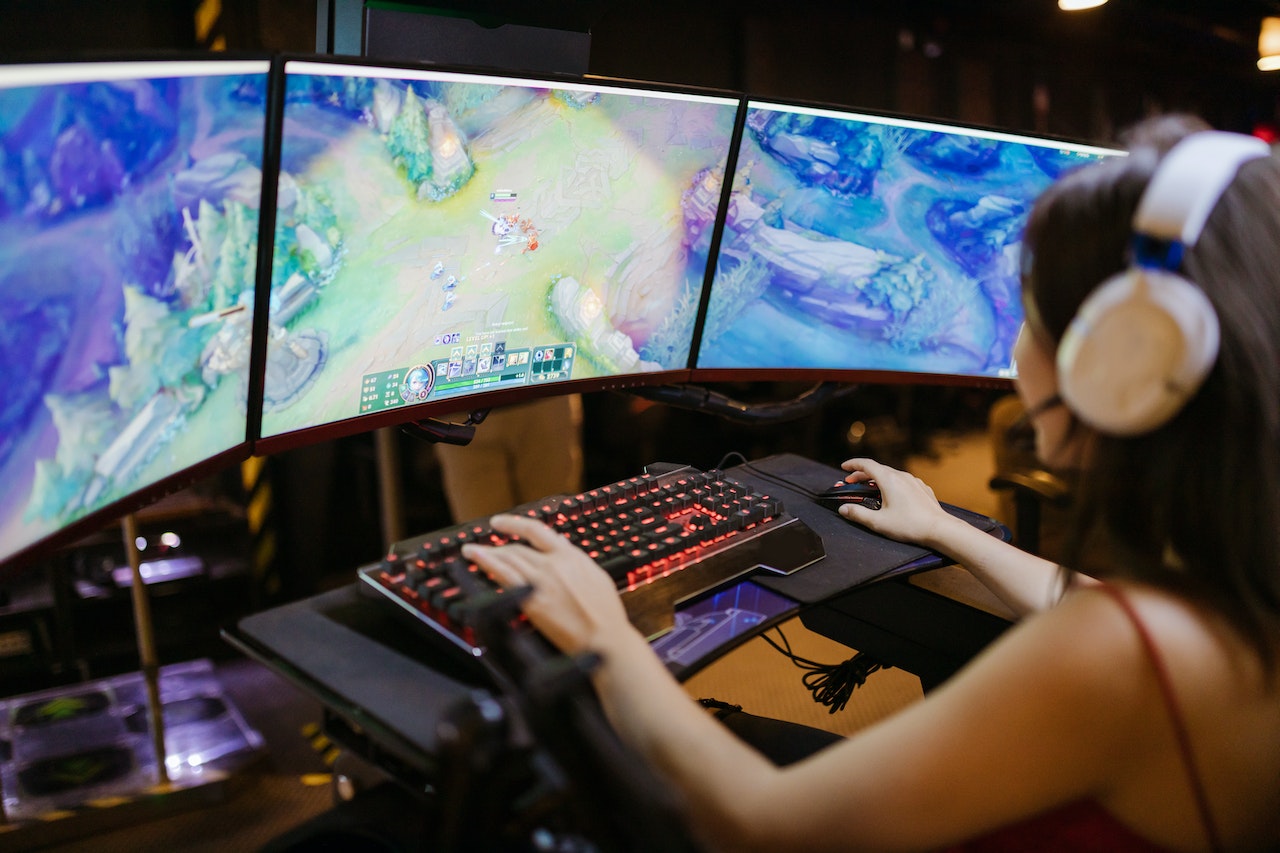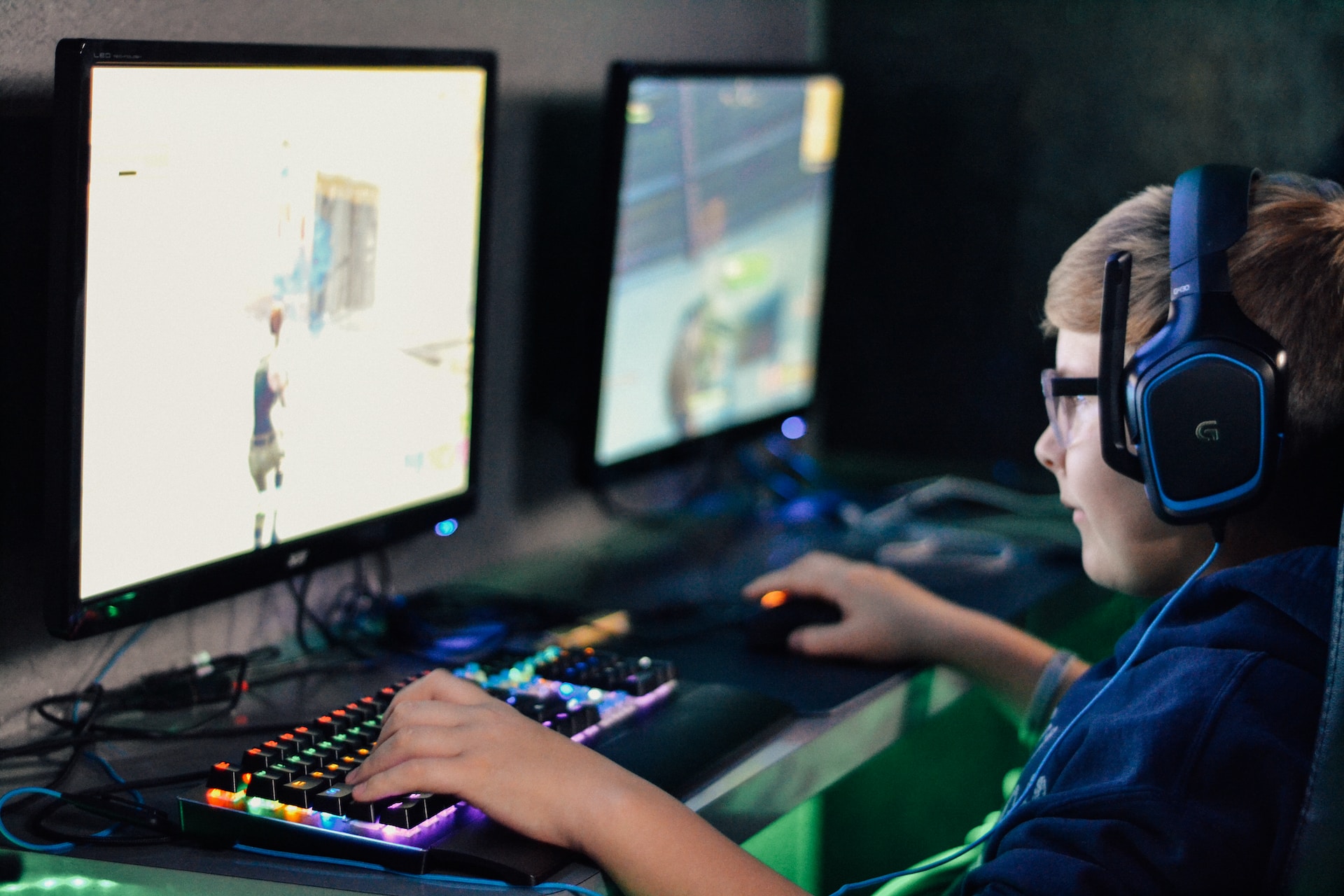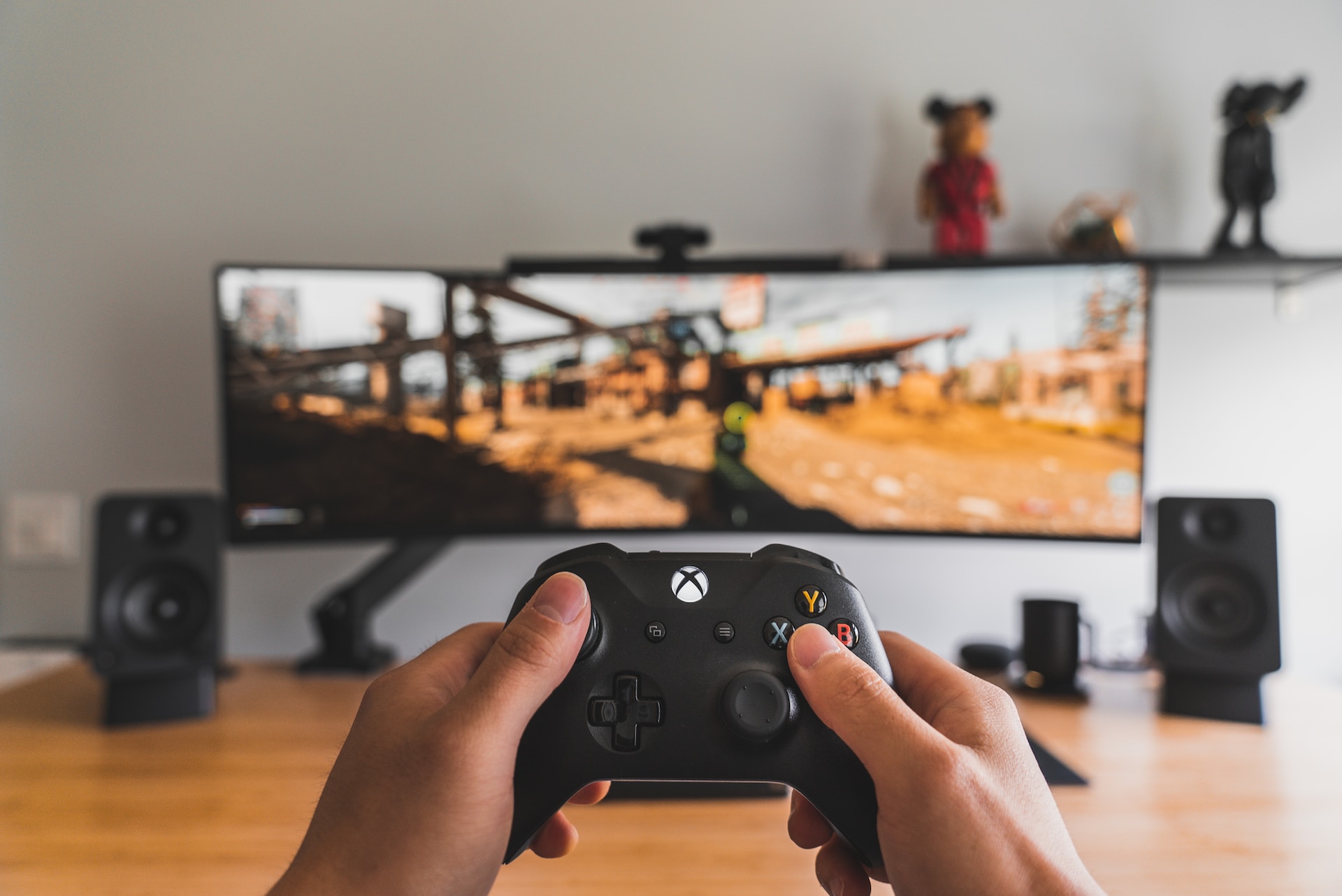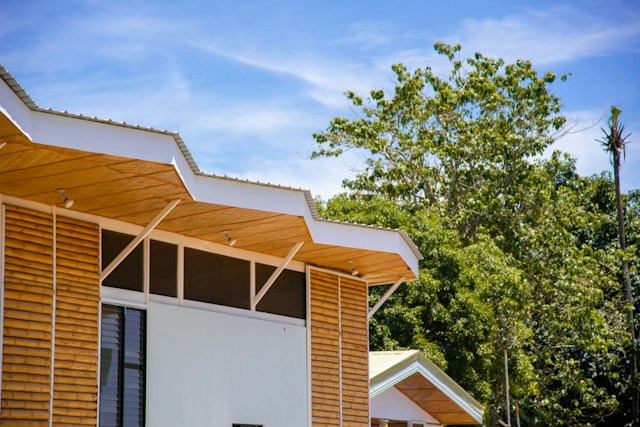From action and adventure to fighting wars or exploring fantasy-filled worlds, gaming is a popular activity for everyone, from young children to adults of all ages. According to recent statistics, approximately 3.26 billion gamers will be actively participating in gaming worldwide in 2023. Whether you enjoy playing video games to pass the time or you’re a professional gamer, having a well-optimized home network is crucial for excellent gaming performance. This guide has lots of helpful tips, tricks, and vital information you need to know to ensure your home network setup meets your vital gaming needs.
Table of Contents
- Evaluate your current network setup
- Choose the right hardware
- Maximize your Wi-Fi performance
- Secure your network
- More tips to optimize your gaming network
- Setting up your gaming space
Evaluate your current network setup
Before you begin gaming, it’s important to evaluate the network setup you already have. Doing this ahead of time will help you troubleshoot any possible issues and let you decide which parts of your network might need an upgrade. Here are some tips to help you take a closer look at your network setup at home:
- Check your internet connection speed to make sure it’s up to par. A good speed for gaming should be a minimum of 20 Mbps (megabits per second) or higher. Anything lower than 20 may result in you experiencing a seriously frustrating lag time. You can find several free internet speed tests online to ping your system and give you a better idea of your current connection speed.
- Evaluate your router’s performance and capabilities. Quality routers should have plenty of memory or RAM. Think of a router almost like a separate computer. This equipment must have the correct amount of available memory and power to keep your connection strong. If it doesn’t, you could end up getting dropped right in the middle of a serious game.
- Identify any potential bottlenecks or latency issues with your network. You might need to upgrade your current equipment or internet data plan to get the best results. If you’re in doubt, it’s always a good idea to get in touch with your internet provider or contact an internet specialist in your area. They can make recommendations to ensure that your home network is running smoothly and at the fastest speed and most stable connection possible.
Choose the right hardware
Your home network connection is important, but so is the hardware you use. Old, outdated, or insufficient hardware can make your gaming experience frustrating instead of fun. Keep these tips in mind when you’re choosing the right hardware for gaming:
- Look for a high-quality router that’s made for demanding tasks like gaming. These routers are not the kind you typically get with your home internet service. You’ll need to shop around and buy a new router if you really want to maximize your experience.Choose a computer with a solid-state drive (SSD), a quality CPU, lots of memory, and a highly-rated graphics card. Look for routers that are compatible with these higher-quality computers, so you never have to worry about missing a beat during gameplay.
- Consider the pros and cons of having a wired versus a wireless connection. Wireless connections give you more flexibility, but you also run the risk of dropping from the network. A wired connection tends to be more stable and secure, but it doesn’t provide the portability of wireless. Overall, wired connections tend to be faster, while wireless connections may produce more lag time or lose connection intermittently.
- Consider adding a Wi-Fi extender to your network setup. If you’re having trouble with your internet connection, this equipment extends the range of your Wi-Fi, giving you a reliable connection anywhere in the home. A mesh network system uses several nodes or extenders that help to blanket your entire home with strong network coverage. Explore your options for both hardware types to determine which one will work best for your gaming needs.

Maximize your Wi-Fi performance
Aside from making sure you have the best connection and equipment possible, you can also do some things to maximize the performance of your home Wi-Fi. Try these tips to make sure your Wi-Fi is working as hard as it should for optimum performance while gaming:
- Move your router to get better coverage. Depending on where you’re gaming in the house, repositioning the router can help you get a stronger signal, especially if you’re in direct range of a tower nearby. You might need to move the router near a window or place it in the center of the room to get more consistent connections and coverage. The position of the router antennas also matters. If you live in a home with just one floor, point one antenna half up and one half sideways. Routers with two antennas should both be pointed straight up, or one straight up and the other pointed to one side. If the router has three antennas, point the one in the middle directly upright and the two on the sides at a 45-degree angle. If your router has four antennas, point two straight up and two at 45-degree angles.
- Change your Wi-Fi network channels. Wi-Fi networks have different channels that you can change to improve performance. Consider changing Wi-Fi channels to help minimize interference. When nearby equipment is on the same channel, it can cause a signal traffic jam. If you have a 2.4 GHz network, choose channels 3, 6, or 11 to ensure there’s no overlap. For a 5 GHz network, choose channels 36, 40, 44, 48, 149, 153, 157, or 161 to prevent excess interference.
- Enhace your Wi-Fi signal strength and stability. There are some easy ways to do this, including keeping the router off the floor, positioning the antennas correctly, and changing the channel to one that’s non-overlapping. Always make sure your firmware and network adapter is up to date, and check for and install updates regularly. Place the router in a central location of your home, or consider adding equipment like an extender or a mesh network to improve signal and range. Consider upgrading your equipment from wireless-G to wireless-N technology, which is currently one of the fastest options and offers better range and stability.
Secure your network
Setting up the right equipment and maximizing performance is crucial to a smooth gaming experience. However, without the right security in place, you could end up dealing with a variety of problems, including hackers, malware, or even something as serious as stolen identity. Here are some things that all gamers (and home network users) should do to ensure your network is safe and secure:
- Always change your Wi-Fi password. Wi-Fi networks come with a default password that’s assigned to your network and equipment out of the box. Set up a strong, secure password using a combination of lower-case and upper-case letters, numbers, and symbols. The more complex the password is, the more difficult it will be for hackers to breach. It’s also important to change the password fairly often, especially if it’s saved automatically. You should also change the default name of your home network for additional security. Try to send yourself a reminder to update your Wi-Fi password every month.
- Have network encryption and firewall protection enabled. When possible, use two-factor authentication, which adds another layer of security to your network. This authentication typically includes fingerprint or facial recognition, or it may have you answer a question after you enter your password or use a PIN number to gain access. Enabling encryption protects data and information sent between your network and your devices from third-party access. Your router should use a firewall to keep unwanted traffic from entering or leaving your network without your permission. Most routers don’t have the firewall turned on by default, so you may need to turn it on and activate it before you use it.
- Update your firmware and software. Most networks don’t do this by default, so double-check that you’re installing any new updates as often as you can. You may need to visit the manufacturer’s website to download the software and firmware to your network and your devices.

More tips to optimize your gaming network
Whether you’re on Twitch or just playing a game by yourself, there are a few more things you can do to optimize your gaming network:
- Check that all of your in-game settings are optimized for low latency. This applies to all kinds of games, including when you’re watching a video or streaming a game from a platform. The term latency refers to lag, which is the annoying thing that can make your game feel slow and jerky.
- Look for network-specific gaming accessories that’ll work best with your specific gaming setup. Make sure everything works well together, and try to choose accessories that are part of the same family of brands. Using a local network can also help to improve your gaming speed and overall experience.
- Monitor and troubleshoot your network’s performance. In some cases, you may end up with an issue that you’ll need to fix before your network runs as it should. Keep an eye on the signal, speed, and other factors to ensure that everything is running smoothly. If not, do some quick troubleshooting to see if you can correct the problem. In many cases, your network and equipment might just need a quick reboot or a software update.
Setting up your gaming space
Now that you know more about how to optimize your network, it’s time to set up your game room for success. Here are some tips to help you design a comfortable and awesome gaming space:
- Select an ideal location for your gaming space. This could be a spare bedroom, a separate room above your garage, or even a space in the attic. Whatever space you choose, it should be in a location that allows your router to be positioned in the best possible spot for optimum signal reception. If you’re concerned about excess noise, select a spot that’s far away from the rest of the people living in your home.
- Optimize your comfort and performance. Use lighting that makes it easy to see so you’re not straining your eyes while you play. Consider investing in a high-quality gaming chair, desk, mouse, and keyboard with wrist support to encourage good ergonomics. The right furniture and accessories make every gaming session as comfortable as possible and help prevent back, shoulder, or neck pain after a long day or night of competition.
- Organization and safety. Manage your cables using cable ties or a cable organizer to help prevent accidental trips and falls and minimize clutter. Consider using handy organizational items in your gamer space, like storage bins, to keep your favorite games, controllers, and other accessories protected from dust and easy to find.

Remember these tips to determine if your gaming network setup is right for your unique gaming needs. Whether it’s upgrading your equipment, installing a mesh network, or updating software and firmware, the tips from this guide can help you have an awesome gaming experience. With a well-optimized home network, your gaming experience will be smoother and more enjoyable.




